The Many Meanings of Dus
If you look up the word ‘dus’ in a Dutch-to-English language book it will tell you that it translates into the word ‘so’. However, this is a terrible over simplification. The word ‘dus’ is used by the Dutch to communicate a wide range of thoughts, feelings, emotions, insights, desires and meanings that are not covered by this simple translation. Today we will look at a few of its many meanings:
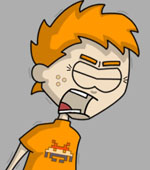
The Short Dus (Direct)
The short ‘dus’ communicates anger. It is often used to punctuate the end of an argument and declare onesself the winner. It is supposed to be the final word that crushes the opponent and signals that it is either time to storm out of the room or slam down the phone.
Meaning: This argument is over! I win!
Example: I’m right. You’re wrong. Plus you’re an a**hole. Dus!
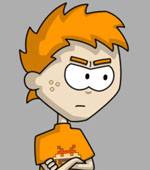
The Short Dus (Indirect)
This version of the short ‘dus’ is similar to the previous but it is used when re-telling the argument to a friend who did not witness the original fight. It still communicates anger but it is not directed at the listener (even though it might sometimes feel like it).
Meaning: I won that argument!
Possible Additional Meaning: And you better agree with me!
Example: “I was right. He was wrong and he’s an a**hole. Dus!”

The Giggle Dus:
This ‘dus’ is friendly and often accompanied by a small chuckle. It is used when delivering the punch line of a joke or a funny story that the user finds amusing. Sometimes it even replaces the punch line to leave the outcome up to the listeners imagination. It can also be used as a reaction to hearing something amusing.
Meaning: This is (or that was) really funny.
Example: “He left his computer logged into facebook… Dus. Hehe.”
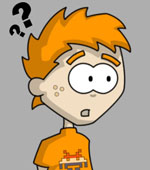
The Drawn Out Dussssss (Confused)
If the Dutch are confused about something they will often use the drawn out ‘dus’ to communicate this. It signals that further information is required and is often used in a moment of silence when something has not been fully explained yet. The longer the dus, the greater the confusion.
Meaning: And? What happens (or happened) next?
Example: Dussssssss?
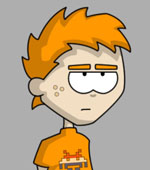
The Drawn Out Dussssss (Sarcastic)
The sarcastic version of the drawn out ‘dus’ is used when the idiot you are trying to explain something to is too stupid to understand. If you are tired of repeating yourself simply replace the instructions or explanation you would normally give with the drawn out ‘dus’ instead.
Meaning: Could you be more stupid?
Example: It’s so easy a child could do it. Dusssssssss *roll eyes*
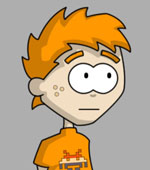
The Contemplative Dus:
When the outcome or result of an action is unknown the contemplative ‘dus’ is often used. It is a slightly submissive ‘dus’ that suggests no further action will be taken by the person using it, either because there are no options left to them or they simply cannot be bothered. It is sometimes accompanied by a shrug.
Meaning: We’ll have to wait and see what happens next.
Example: “I’ve done everything I can… Dus.” *shoulder shrug*
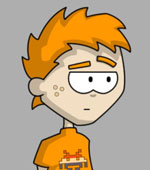
The Reactionary Dus:
When something surprising or unexpected happens the reactive ‘dus’ is often used. It can convey genuine surprise or be used in a sarcastic manner when someone is not following the Dutch ‘doe normaal’ rule.
Meaning: That was (or is) weird.
Example: “Dus.”



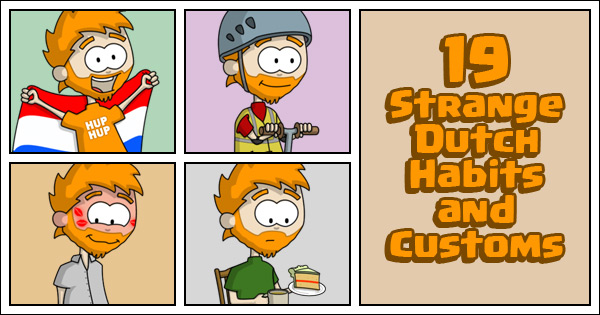
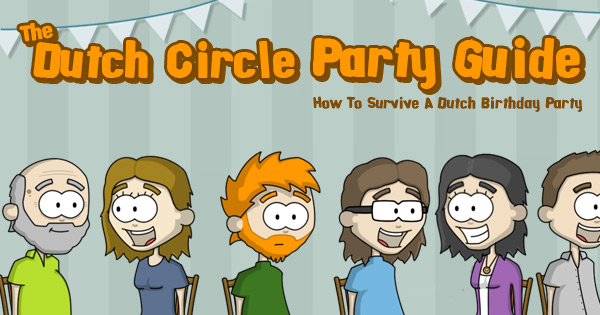
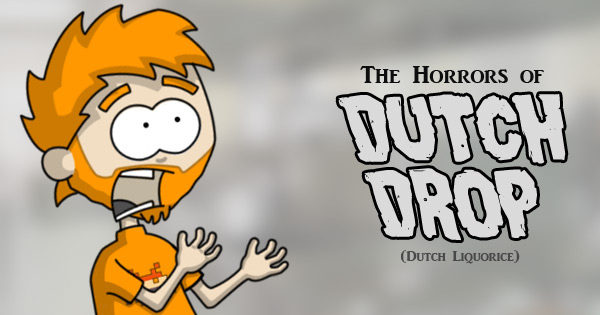




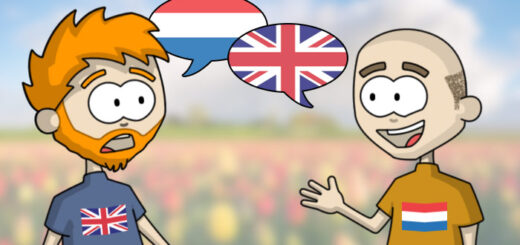
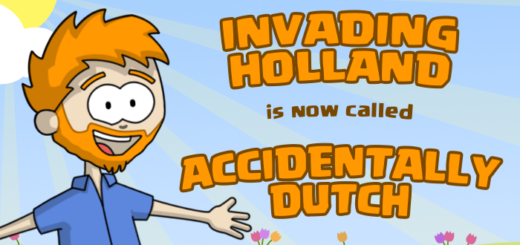
A bit more specific reactionary; the “who-cares” dus.
This is often a broken Du-Us, where the last one has a sharp drop in pitch.
This can either be by another person or by yourself
P1: OMG there is a new posting on Invading Holland!
P2: Du-Us???
P1: He told the Dutch have more meanings for “Dus” then Eskimo’s have words for snow. Du-Us!
Thanks. I think I’ve heard that one two.
Dussss……
Dus indeed.
After a bit of googling:
There is actually one Dutchman who is anoyed as well: http://forum.fok.nl/topic/76571/1/25
This brings us to the total meaningless/incorrect use of dus, implying to revert to something. I only think that the English do that as well
Nou ik was DUS laatst op weg naar……
SO lately I was going to…
Du-US – how many versions of “So what” are there?
I think there are quite a few versions of so what in English but dus still has it beat.
Ha! I used google translate to read that article and I got a good chuckle when I came to
“bosbrand in mijn liezen”
which translated to
forest fire in my groin
Juist….
Is it bad that I had to google translate that?
Hahahaha…. dussss
Haha, Stu, I am guilty of using ‘dus’ when I don’t really know what to say next or how to say it: example: We’re going to have a very cold winter and I don’t have snow tyres, dus…. (queue other person who has to imagine what I’m going to say). It is lime using ‘so’, but it’s *loaded* with meaning that I can’t personally express :)
I use it in the same way. Especially since I do often don’t know how to finish what I am saying :p
There is also the way students use ‘dus’ when giving an incomplete answer, using ‘dus’ to jump to the conclusion without having to actually elaborate how they arrived at the conclusion. Using the word ‘dus’ seems to be a miracle cure that somehow makes all answers valid, not matter how bad they are.
‘There are Roman artifacts in Holland, ‘dus’ de Romans lived here.’
Hehe. I like the idea of that. You could use it for any random unconnected things.
“This morning I saw some miss their train… dus… time travel is possible.”
This is what I would call an implied consequence, a conclusion, that is not really there.
Dussssss
Dusssssssssss
One word, several uses. Distinguishing each is really when the mastery of a language starts to show.
Next up: LEKKER. :D
Some of the meanings of lekker would require me to tag the post as NSFW.
Of course could give the response you give children if they end their sentence with ‘dus’.
Q: Ja dus…
A: Een kip is geen mus…
(it’s a children’t ryme:
dus… een kip is geen mus, een Belg is geen Rus, een knoop is geen lus, een klap is geen kus en een olifant past niet door de brievenbus)
(just found your blog; it’s funny)
Etter is geen pus. Mijn broer is niet mijn zus.
Patatje met dus !
Not that special.. I think “So” is used the same way in English..
There is also a more condescending type of “dus”. It is similar to the first two dus’s. I know I won the argument, you still have to decide and I dare you to disagree. “I am right you/he are/is wrong. Dus?”
To my opinion you forget the most important and overly used ‘dus’. Sometimes when Dutch sit in a circle and everybody is in thoughts/nobody knows what to say. To get the ‘party’ going again there are two options. One, you come up with something interesting like who is going to win the American presidential elections. Or you just say ‘Dus.” Usually more pronounced as ‘*sigh* – duhs’ and than an sarcastic fase.
face. Sorry, ik weet het.
Haha. Good point. I’ve heard Dus used a lot as a conversation starter when no one has any idea what conversation to start :)